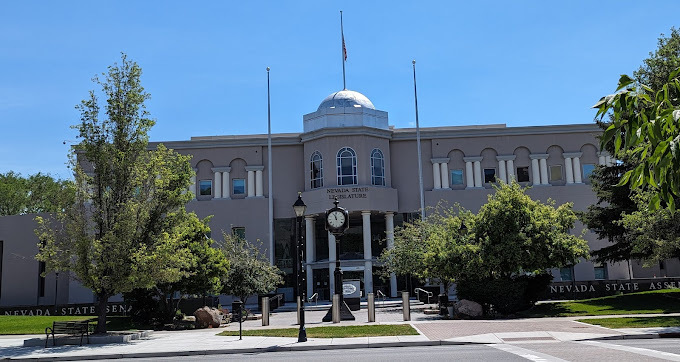ISAACSON LAW BLOG
Department Of Health & Human Services Gives Victims Of Nursing Home Abuse Greater Access To The Courts

Department Of Health & Human Services Gives Victims Of Nursing Home Abuse Greater Access To The Courts
In November 2015, The New York Times published an article detailing how victims of nursing home abuse are being forced into arbitration. Arbitration provisions are commonly found in contracts for services including hospital and nursing home care, as well as for the everyday goods we all purchase. Consumers are told that these arbitration provisions make resolution of claims and disputes less expensive and more expedient for all involved. And in some cases that may well prove true. The argument, however, ignores what is lost by entering into arbitration.
Why Arbitration Leaves Individuals at a Disadvantage
Among those rights lost in arbitration provisions is the ability to argue your case before a jury of your peers. In arbitration, your case is typically heard by a single individual or less commonly a panel of three individuals who will have the ultimate say in deciding the resolution to your claims.
Absent a clear showing of bias by an arbitrator, the decisions are typically final, meaning you have no right of appeal. On appeal, issues of bias by the judge (arbitrator), the evidence permitted for consideration, conflicts of interest that may exist, among other items, can be presented and reviewed by an independent judge. Arbitration often leaves all of these considerations in the hands of one individual.
Example of a Case in Arbitration
One of the most notable U.S. Supreme Court Cases on arbitration is AT&T Mobility v. Concepcion, in which the Supreme Court upheld an arbitration clause found in AT&T’s contract for cellular phone service. Mr. & Mrs. Concepcion had asserted that AT&T improperly charged approximately $30 in sales taxes on cellphones that the cell phone provider advertised as free. They then filed a class action against AT&T seeking to protect not only their own rights but the rights of any other consumers harmed by AT&T’s allegedly improper charges.
Ultimately, however, the Supreme Court determined that an arbitration provision the Concepcions were unable to negotiate in any way required that they submit the matter to arbitration on an individual basis. This ruling meant each individual AT&T consumer had to pursue their own claim in arbitration. Given the expense incurred pursuing the claims would surely outweigh the added charge, individuals became unlikely to pursue the matter. The Supreme Court’s decision in AT&T has since been applied to all types of cases, cutting off individuals’ access to the court system and forcing them into private arbitration.
The Rights of Nursing Home Abuse Victims
In a move away from the many perils that arbitration provisions can create, the Health and Human Services Department has now issued a rule barring those nursing homes that receive any federal funding from requiring residents to submit claims to arbitration. The decision is a small victory in minimizing the damaging effect arbitration provisions can have on our court system, but it will prove beneficial for the thousands of elderly and disabled individuals harmed in nursing homes each year.
Are you looking for legal counsel to provide guidance with your claim? Do not hesitate to reach out to our Las Vegas personal injury lawyers at Isaacson Law. Call us for an appointment today!

LOCATION
- (702) 529-2559
- 4730 S. Fort Apache Rd, Suite 280 Las Vegas, Nevada 89147
BUSINESS HOURS
Monday – Friday: 8:30am to 5:30pm
Recent Blog Posts

Legislative Session 4-20-25

Legislative Session 3/15/25



